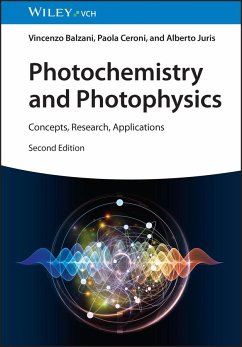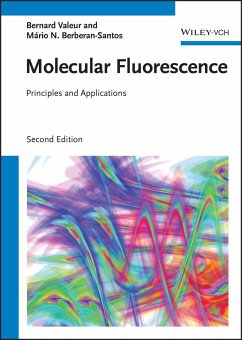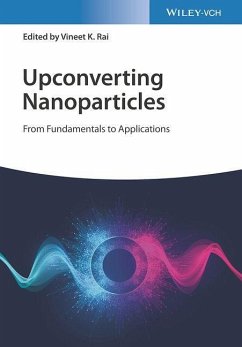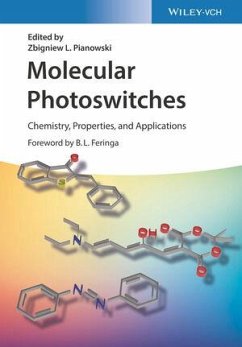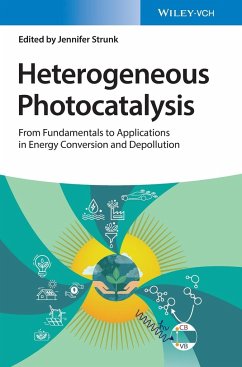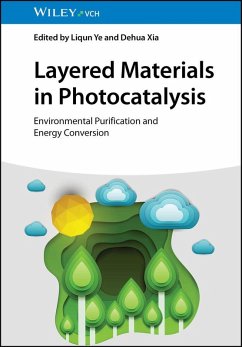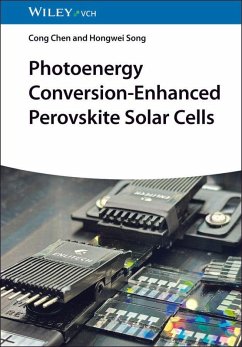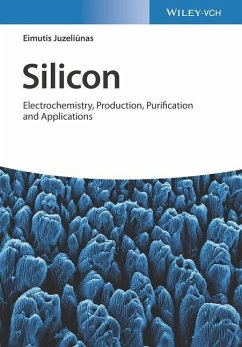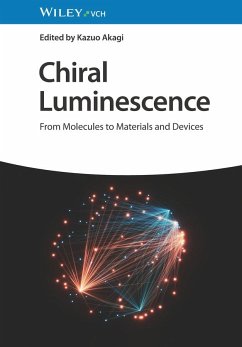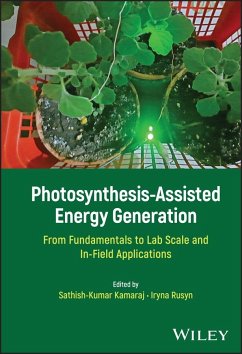
Solar-to-Chemical Conversion
Photocatalytic and Photoelectrochemcal Processes
Herausgegeben: Sun, Hongqi

PAYBACK Punkte
60 °P sammeln!
This comprehensive book systematically covers the fundamentals in solar energy conversion to chemicals, either fuels or chemical products. It includes natural photosynthesis with emphasis on artificial processes for solar energy conversion and utilization. The chemical processes of solar energy conversion via homogeneous and/or heterogeneous photocatalysis has been described with the mechanistic insights. It also consists of reaction systems toward a variety of applications, such as water splitting for hydrogen or oxygen evolution, photocatalytic CO2 reduction to fuels, and light driven N2 fix...
This comprehensive book systematically covers the fundamentals in solar energy conversion to chemicals, either fuels or chemical products. It includes natural photosynthesis with emphasis on artificial processes for solar energy conversion and utilization. The chemical processes of solar energy conversion via homogeneous and/or heterogeneous photocatalysis has been described with the mechanistic insights. It also consists of reaction systems toward a variety of applications, such as water splitting for hydrogen or oxygen evolution, photocatalytic CO2 reduction to fuels, and light driven N2 fixation, etc. This unique book offers the readers a broad view of solar energy utilization based on chemical processes and their perspectives for future sustainability.




